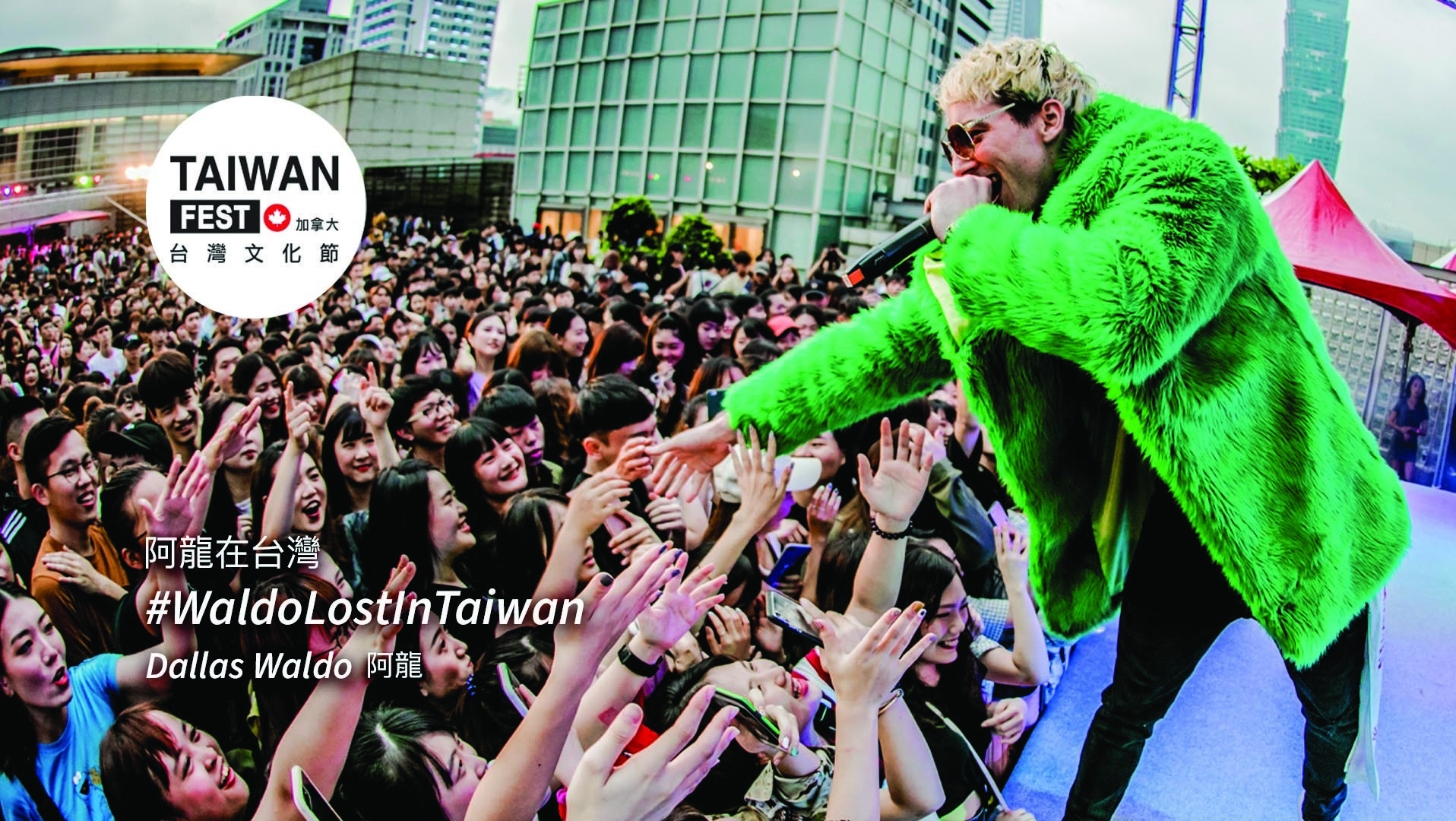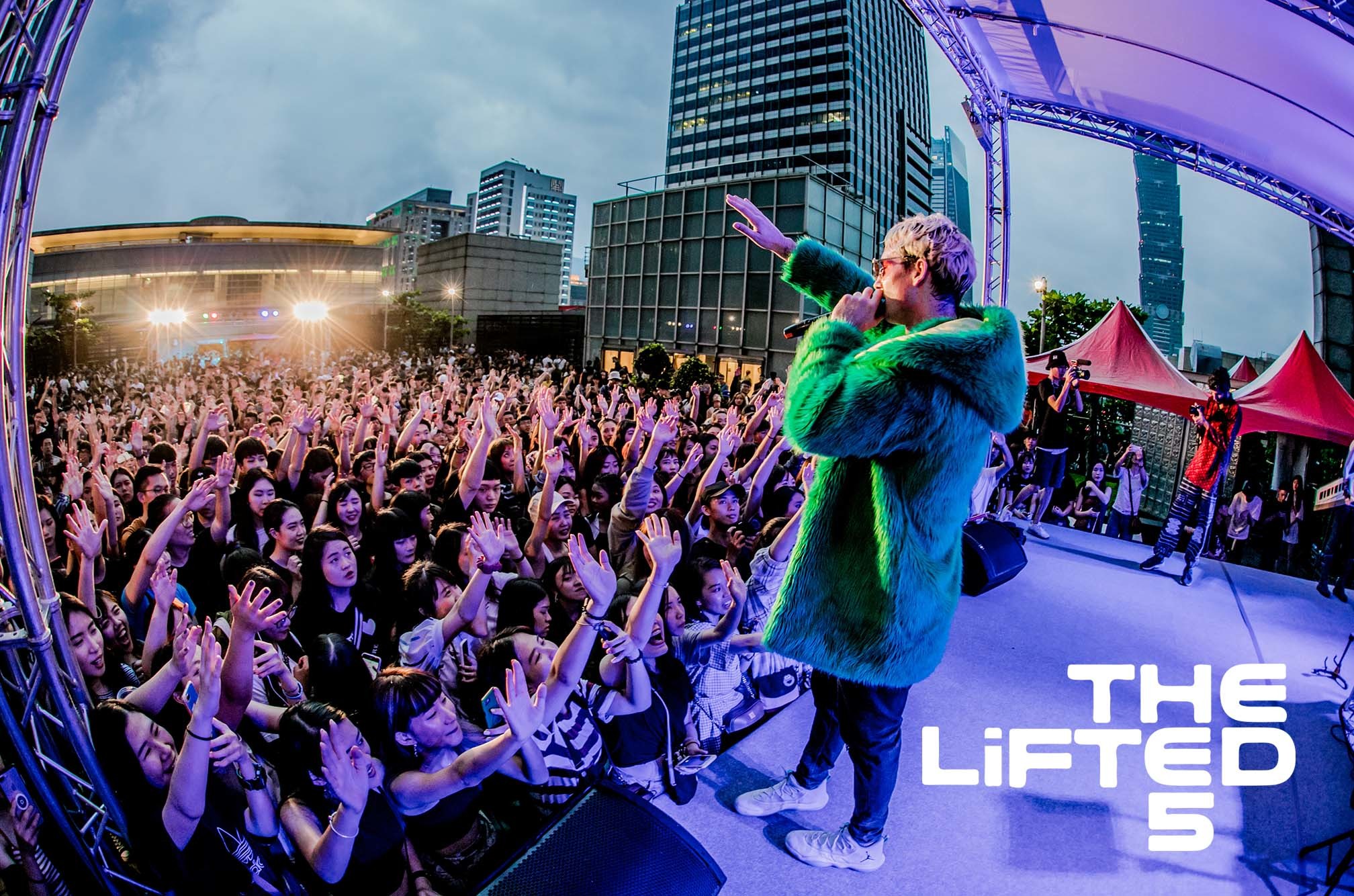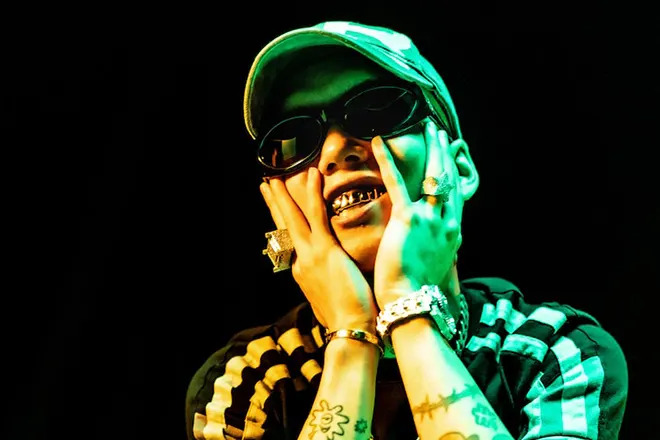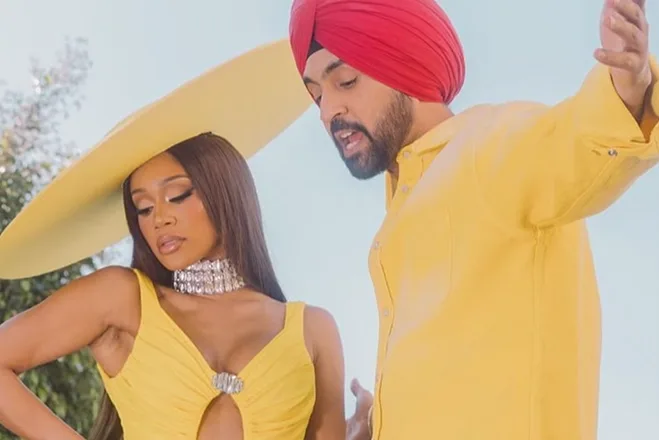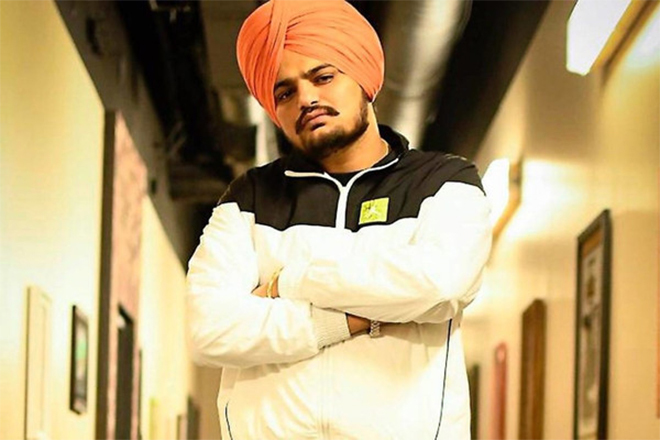Interview
The LiFTED 5: Dallas Waldo debuts documentary at the TAIWANfest Toronto
The rapper morphs into a director for #WaldoLostInTaiwan
For eight years, Dallas Waldo aka 阿龍 rocked stages and TV shows regularly as a bilingual Hip Hop artist in China and Taiwan. Taking a cue from Toronto’s King of the Dot, Dallas started and hosted Diss RBL, Asia’s first-ever Mandarin acapella Rap battles to much success.
In January of this year, he got the tragic news that his mother was suffering from Stage 3 cancer, so within a few week’s notice, he left COVID-free Taiwan to be with her. Reverse culture shock was real as Dallas made it back to Ontario, which was going through the worst of lockdowns and the pandemic at the time.
One day, Dallas filmed a reaction video with his mother watching his emotional final Taipei performance. It tugged at a bunch of heartstrings and motivated Dallas to document his time in Asia with #WaldoLostinTaiwan. On August 29, this documentary premieres at TAIWANfest, which will be held virtually this year.
LiFTED caught up with Dallas Waldo, who directed, edited, and was the music supervisor of #WaldoLostinTaiwan, and gave him five questions to let readers know about the documentary.
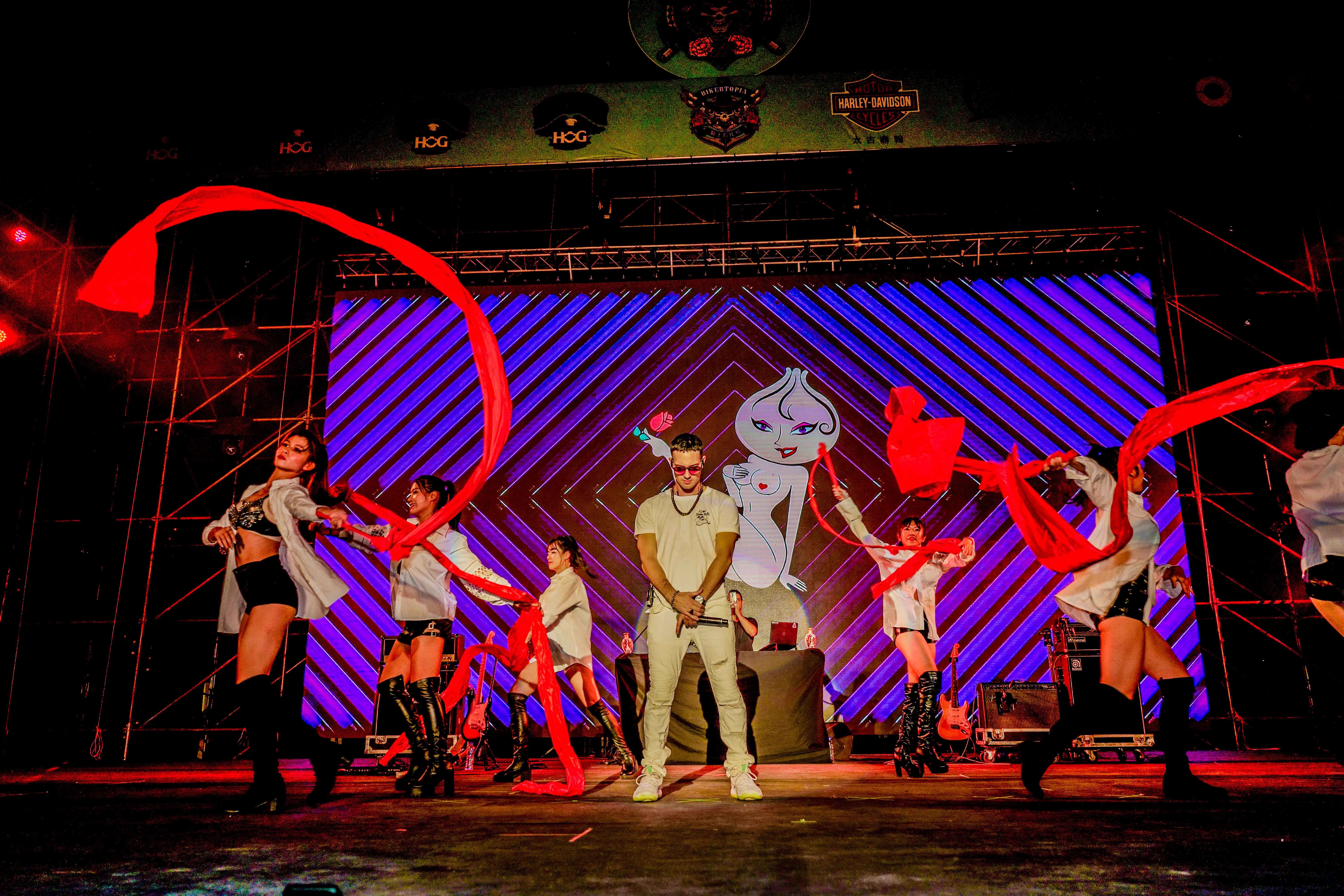
What’s up with the upcoming documentary #WaldoLostinTaiwan that will be shown at the TAIWANFest?
I linked up with TAIWANfest, an event held annually in Toronto and Vancouver for a virtual performance at their 2021 festival. The film, entitled #WaldoLostInTaiwan, is a 30-minute documentary that details my eight-year tenure in Taiwan and emphasizes the importance of family along this journey. For more info, check out the official link here.
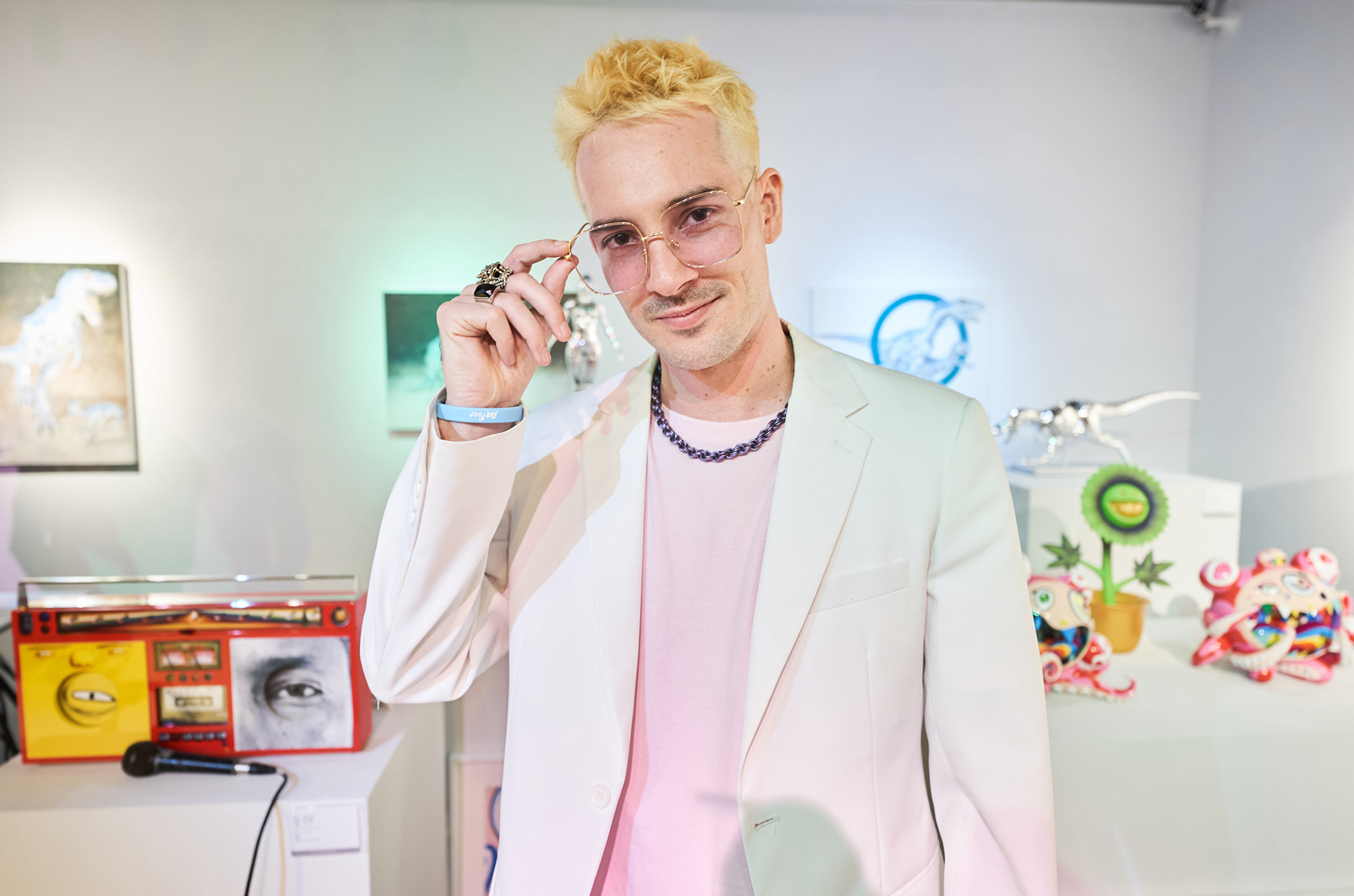
How can people be a part of it?
The video will be up on YouTube on August 29 and free to watch at any time, but I’m also setting up an interactive premiere party on Zoom with a bunch of special guests. We are all going to watch it for the first time together! Sign up for the online premiere party here. Space is limited!
You had to leave Taiwan in a hurry because of your mother’s illness and said you didn’t come back with much but experience, but that ended up being the most priceless thing. Can you tell us a little bit more about that?
When I first left for Taiwan, my Grandad was really sick and I considered staying back to be with him. However, he urged me to seize the opportunity, and off to Taiwan I went. With that in mind, I always felt like I couldn’t come back empty-handed, and I even wrote about this on one of my songs ‘Promise.’
It wasn’t until I finally came home ‘empty-handed,’ bringing only what I could carry from Taiwan and without much in the bank, that I realized how valuable all of my experience was. In Taiwan, it’s easy to feel unique as a foreigner, but in fact, many of us do similar things and many of us can speak the language quite well. However, for me at least, when I returned home with a list of accomplishments, the feeling was much different and I truly felt like I was one-of-a-kind.
Since being back I’ve entered a Music Business post-grad program and am about to start a new job. I can feel the excitement in people when they meet me, whereas in Taiwan, even though I was performing on stage and on TV, it just wasn’t special anymore. Maybe that’s just how I felt after years rolled on, but being away from it has changed my perception, and I see a lot more value in myself, as I feel others do as well. I say this because I know a lot of foreigners get ‘trapped’ in the comfort of Taiwan and the fear of returning home with no money, but trust me, your experience is an asset.
I think that’s why this project came at a perfect time. It allowed me to document my time in Taiwan and allowed me to visualize my accomplishments so that I can confidently say I didn’t waste eight years of my life.
You mentioned you wanted to show people that learning Mandarin isn’t just stuffy classes and writing characters over and over and that you could go to Asia and do different things. What are the ways you will motivate people to do that?
Get involved in the culture. School will teach you how to read and write, and that is super important for gaining a foundation. In addition, once you can read, you can read any book and teach yourself anything and have no more need for school!
However, you will only truly learn to speak when you dive deep into the culture. When I first came to Taiwan I was usually the only foreigner out at a lot of the underground Hip Hop parties I would frequent. This is seriously the best thing to do. Force yourself to talk. Find people with similar passions and talking will come much more naturally.
Most importantly, people don’t speak like textbooks! This is very true for Mandarin because literary language [書面語]is way different from the colloquial version [口語]. Furthermore, the language is constantly adding new slang words all the time. You have to have your ear to the pulse to get what people are talking about, and then apply that in your own vernacular! For me, I did this naturally as I wrote and performed Mandarin raps, but you can find the method that works for you.
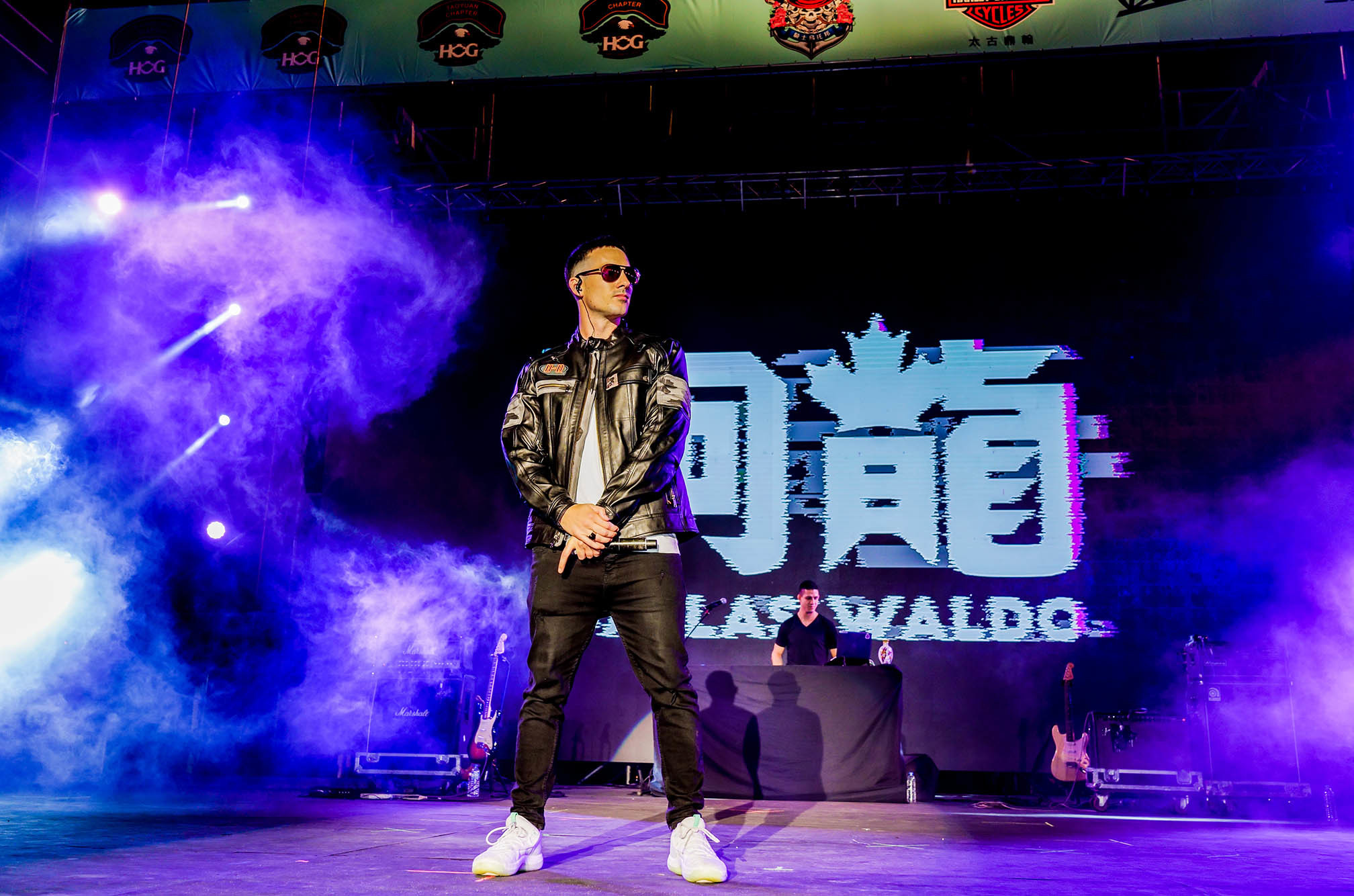
What are three of your experiences in Asia that you’ll never forget?
11.23.2013 was the date of the first-ever Diss RBL event under the bridge at Huashan, that was amazing! We made history that day.
Bringing Mom on stage in Taipei and singing ‘Momma’ at a show
River tubing in Vang Vieng, Laos, on my first ever backpacking trip.
